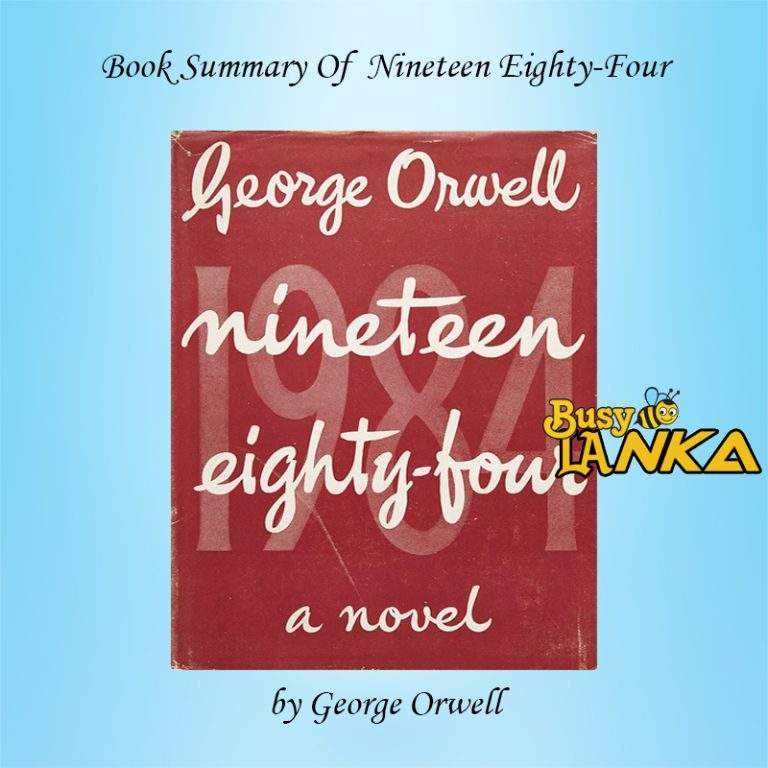“Nineteen Eighty-Four” is a dystopian novel written by George Orwell and published in 1949. Set in a totalitarian future society, the book portrays a dark and oppressive world where individual freedom and independent thought are suppressed by a ruling party known as the Party and its enigmatic leader, Big Brother.
The story is centered around the character of Winston Smith, an ordinary man living in the totalitarian state of Oceania. Winston works for the Party, altering historical records to match the constantly changing narratives put forth by the Party. However, he begins to question the Party’s control and longs for freedom of thought and expression.
As Winston rebels against the Party, he engages in a forbidden love affair with Julia, a fellow Party member. Together, they try to resist the Party’s surveillance and manipulation, finding solace in their private moments of rebellion.
Throughout the novel, Orwell introduces the concept of Newspeak, a language developed by the Party to limit freedom of thought and eliminate the possibility of dissent. The Party’s pervasive surveillance, embodied by telescreens that monitor citizens’ every move, creates an atmosphere of fear and paranoia.
As Winston and Julia’s rebellion progresses, they seek out a secret resistance movement called the Brotherhood, led by a mysterious figure named Emmanuel Goldstein. However, their attempts to join the resistance are eventually discovered, and they are captured and subjected to intense psychological and physical torture by the Party.
In the final stages of the novel, Winston’s resistance is broken, and he is forced to embrace the Party’s ideology completely, losing his individuality and succumbing to the absolute control of Big Brother.
“Nineteen Eighty-Four” is a chilling portrayal of a totalitarian regime, exploring themes of government surveillance, propaganda, psychological manipulation, and the erosion of personal freedom. Orwell’s novel serves as a warning against the dangers of unchecked power and the suppression of individuality, leaving readers with a haunting reminder of the importance of preserving freedom and resisting oppressive forces.













